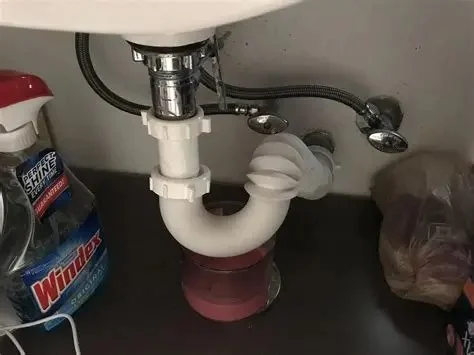
- 1 - Understanding the Causes of a Slow Draining Sink
- 2 - Identifying Common Causes of Slow Draining Sinks
- 3 - Quick Fixes for a Slow Draining Sink
- 4 - Using Natural Remedies to Clear Sink Clogs
- 5 - When to Call a Professional Plumber for a Slow Draining Sink
1. Understanding the Causes of a Slow Draining Sink
A slow draining sink can be frustrating and inconvenient, but understanding the causes of the problem is the first step toward fixing it. There are several factors that can lead to a sink draining slowly over time. These issues can range from simple blockages to more complex plumbing problems that require professional help.
The most common cause of a slow draining sink is a buildup of debris in the drainpipe. Soap scum, hair, food particles, and grease can accumulate over time and restrict the flow of water. However, other underlying issues like pipe damage, poor venting, or a clog further down the plumbing system can also contribute to slow drainage.

Cisneros Brothers Plumbing, Heating & AC Repair, Water Damage Restoration & Flood Services
TemeculaRiverside CountyCalifornia
28822 Old Town Front St #304, Temecula, CA 92590, USA
2. Identifying Common Causes of Slow Draining Sinks
Before you attempt to fix a slow draining sink, it’s important to identify the common causes of the problem. Knowing what you’re dealing with can help you choose the right solution. Here are some of the most common culprits:
- 1. Clogged Drainpipe: Over time, debris can accumulate inside the drainpipe, causing a blockage. This is often the result of hair, soap, food waste, or grease that sticks to the interior of the pipe.
- 2. Old or Damaged Pipes: Aging pipes can develop cracks, leaks, or clogs that cause water to drain slowly. If your plumbing system is older, this could be a potential issue to investigate.
- 3. Grease Buildup: Pouring grease down the drain can lead to a buildup that hardens over time, creating a stubborn blockage that can severely restrict water flow.
- 4. Venting Issues: Plumbing systems rely on proper venting to allow air to flow through pipes. If the vent becomes blocked or clogged, it can cause water to drain slowly or create a vacuum effect in the pipes, making it harder for the water to flow freely.
- 5. Inadequate Drain Slope: If the drainpipe is not angled properly, water may not flow downhill efficiently. This can result in water collecting in certain areas of the pipe, leading to slow drainage.
3. Quick Fixes for a Slow Draining Sink
There are several quick fixes you can try to restore normal drainage and speed up a slow draining sink. These methods address common blockages and clogs without the need for professional help. Here are a few solutions to try:
- 1. Use a Plunger: A plunger is a simple and effective tool for clearing most types of clogs. Place the plunger over the drain, ensuring a good seal, and then plunge up and down several times. This can help dislodge debris and improve water flow.
- 2. Clean the P-Trap: The P-trap is the curved pipe under the sink that holds water to prevent odors from escaping. Over time, it can collect debris, leading to slow drainage. To clean it, place a bucket underneath, remove the P-trap, and clean out any debris that has accumulated inside.
- 3. Use a Drain Snake: A drain snake is a flexible tool that can be inserted into the drain to break up or remove clogs. It’s particularly useful for clearing hair or other solid obstructions deep within the pipes.
- 4. Boiling Water: Sometimes, pouring boiling water down the drain can dissolve grease and soap scum, which may be causing the slow drainage. This is a simple solution for light blockages caused by grease buildup.
4. Using Natural Remedies to Clear Sink Clogs
If you prefer a more natural approach to fixing your slow draining sink, there are a few DIY remedies that can help break down clogs without the use of harsh chemicals:
- 1. Baking Soda and Vinegar: Baking soda and vinegar create a natural fizzing action that can break down clogs. Pour half a cup of baking soda down the drain, followed by half a cup of vinegar. Let the mixture sit for about 15 minutes, then flush it with hot water.
- 2. Salt and Baking Soda: Combine half a cup of salt with half a cup of baking soda and pour the mixture into the drain. Let it sit for 10 to 15 minutes, then flush with hot water. This can help loosen debris and restore proper drainage.
- 3. Dish Soap and Hot Water: If grease buildup is causing the blockage, try pouring a mixture of dish soap and hot water down the drain. The soap helps break down grease, while the hot water flushes it through the pipes.
5. When to Call a Professional Plumber for a Slow Draining Sink
If your efforts to fix the slow draining sink haven’t worked, or if you suspect a more serious issue, it may be time to call in a professional plumber. Here are some signs that indicate you need expert help:
- 1. Persistent Blockages: If the sink continues to drain slowly despite repeated attempts to clear the clog, it may be a sign of a more serious problem deeper in the plumbing system.
- 2. Foul Odors: Unpleasant smells coming from the drain can indicate a deeper clog or an issue with your pipes that requires professional attention.
- 3. Multiple Drains Affected: If other drains in your home, such as the bathtub or shower, are also draining slowly, this could point to a larger plumbing issue, such as a blockage in the main sewer line.
- 4. Older Plumbing System: If your home has old or damaged pipes, it may be necessary to call a plumber to assess the situation and make repairs.
Dealing with a slow draining sink can be frustrating, but with the right approach, most clogs can be cleared quickly and easily. If you're unsure how to fix the issue or if it's a recurring problem, don’t hesitate to call a professional plumber for expert help. For high-quality plumbing products and services, visit Plumbers Supply Hub to find the best tools and solutions for your home.

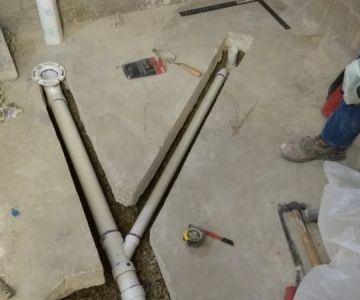
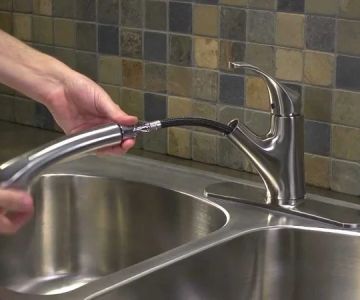
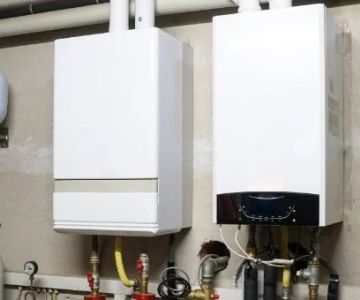
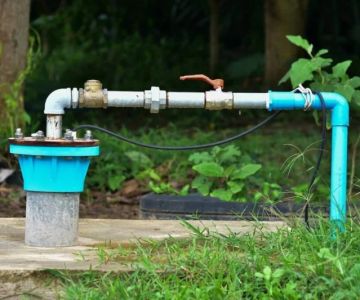
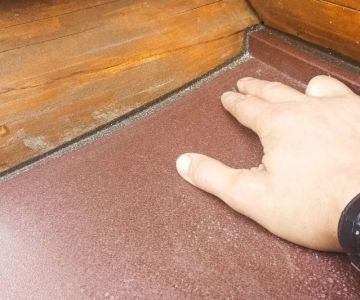
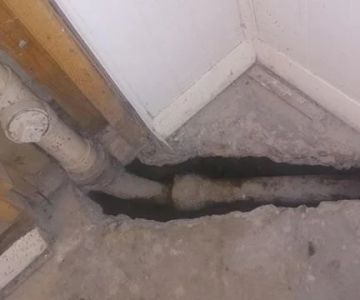
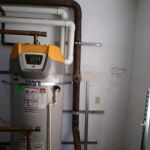 Preferred Plumbing 911 Inc.4.0 (6 reviews)
Preferred Plumbing 911 Inc.4.0 (6 reviews)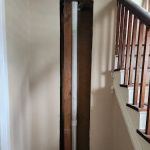 Lane Plumbing Inc4.0 (138 reviews)
Lane Plumbing Inc4.0 (138 reviews) All-Star Plumbing4.0 (19 reviews)
All-Star Plumbing4.0 (19 reviews)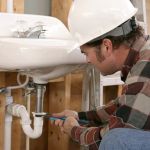 Sparks Plumbing LLC0.0 (0 reviews)
Sparks Plumbing LLC0.0 (0 reviews) Frontier Plumbing5.0 (19 reviews)
Frontier Plumbing5.0 (19 reviews)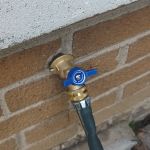 Ernie Peterson Plumbing, Inc.4.0 (110 reviews)
Ernie Peterson Plumbing, Inc.4.0 (110 reviews)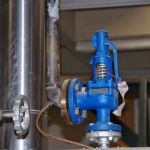 How to Replace a Faulty Pressure Relief Valve: Step-by-Step Guide for Homeowners
How to Replace a Faulty Pressure Relief Valve: Step-by-Step Guide for Homeowners How to Use a Hydro Jet to Clear Tough Blockages
How to Use a Hydro Jet to Clear Tough Blockages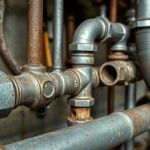 How to Replace a Galvanized Pipe in Your Home – Step-by-Step Guide
How to Replace a Galvanized Pipe in Your Home – Step-by-Step Guide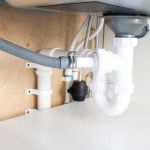 How to Replace a Trap Primer Device: A Step-by-Step Guide
How to Replace a Trap Primer Device: A Step-by-Step Guide What to Check During a Home Plumbing Walkthrough | Essential Tips
What to Check During a Home Plumbing Walkthrough | Essential Tips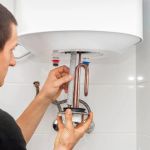 How to Replace a Water Heater Anode Rod - Step-by-Step Guide
How to Replace a Water Heater Anode Rod - Step-by-Step Guide